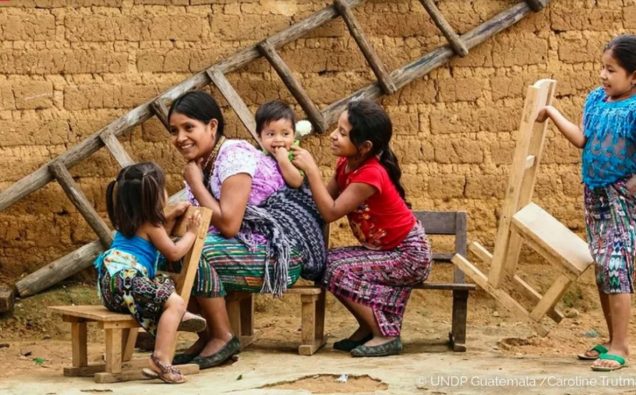
Photo: UNDP on Sustainable Development Goals
Remittances sent by migrant workers from around the world to their families touch lives of one in every seven persons on the planet – over one billion people.
Millions of workers from poverty-stricken Asian, African and Central Asian countries sacrifice as they migrate and live away from their homes and families. Their hard work and sacrifice mean a lot for their near and dear ones, especially children, who otherwise wouldn’t have had access to money for basic facilities like health and education, and in many cases even survival.
The UN says last year, 200 million migrants sent $481 billion to remittances-reliant countries.
Of this amount, $466 billion went to developing countries and there are estimates that between 2015 and 2030, remittances sent to developing countries could cross $6.5 trillion.
“Remittances are vital for millions of families, helping them to address their own development goals, but we can help them do more and build their longer-term future,” said Gilbert Houngbo, the President of the International Fund for Agricultural Development (IFAD).
According to IFAD, after spending remittances on basic needs such as food, housing, education and health, a sizable amount – over $100 billion, still remains – presenting a large pool of resources.
That money, Houngbo says, can then be invested in financial and tangible assets such as savings or small business development that help families build their future.
These productive activities can also create jobs and transform economies, in particular, in rural areas, added IFAD.
“Given appropriate investment options, customized to their circumstances and goals, remittance families will invest more and become agents of change in their communities,” urged Mr. Houngbo.
The UN General Assembly has designated June 16 as the International Day of Family Remittances, originally created by the IFAD Governing Council.
Proclaiming the International Day, the General Assembly also recognized the “transformative impact” of remittances, including those from migrants, for the implementation of the Sustainable Development Goals and in supporting long term development strategies.


















